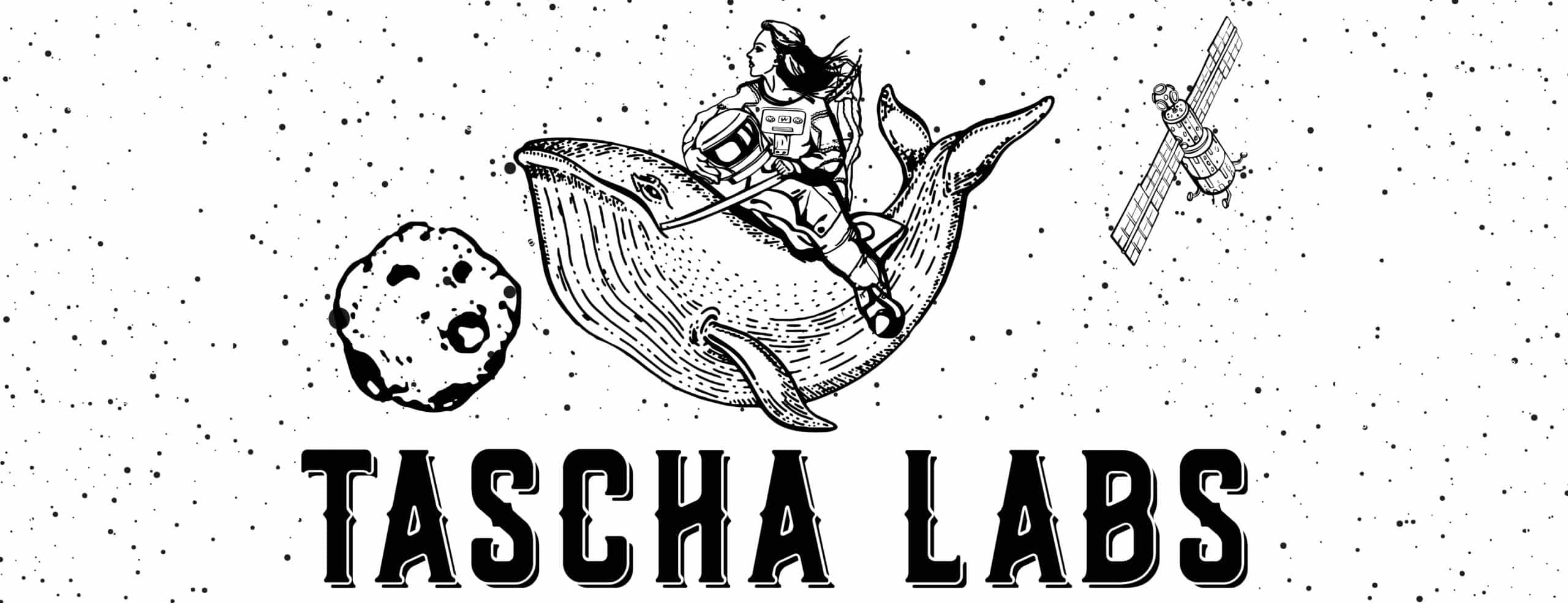If you are new to crypto, here is a list to help you think about if you should invest in ETH.
Everyone can see the upside. But what’s the downside?
- Baggages! Oh they are heavy.
ETH infrastructure now is not set up to scale. Upgrade to ETH2 is supposed to boost transactions per sec from 25 to 100k. This is expected to happen end 2021 to early 2022.
This is no small task. If major glitches happen, or the upgrade gets much delayed, it would affect the reputation of ETH in big way.
- Competitors! They’re everywhere!
Newer, faster, cheaper layer 1 blockchains are popping up faster than shrooms after a summer rain. (I like Solana and Fantom.)
What they lack are ecosystem, brand, community, aka the proverbial network effect that create the “ETH dominance”.
But that advantage is shrinking by the day. ETH defenders believe ETH2 will be deployed faster than competitors can create their own network effect.
When thinking about moat, I like the “Buffett test”. Ask yourself, “If someone has $X billion to invest in a competitor, can they topple ETH and how quickly?”
Force yourself to think through the answer.
- Interoperability = commodity ?
Interoperability solutions are coming. All chains will be able to talk to one another. It doesn’t matter where you build your DApp, so they say.
If true, that means no layer 1 chain has any moat. Their value props are reduced to how cheap? and how fast?.
This will probably happen. How soon is a different question.
- Regulations crush DeFi. ETH becomes collateral damage.
Traditional finance is not going to sit pretty and watch itself being killed DeFi. They are lobbying for regulation, hard.
Governments may not be able ban DeFi outright. But if regulator say, “Aave and Uniswap, you guys need to do KYC like banks!”, that would slow down growth, a lot.
DeFi is the primary use case of ETH now. If the former doesn’t thrive, the latter would have a hard time, too.
- Regulations crush stable coin. Market atrophies.
The Tether FUD is not imaginary. It’s a matter of time b/f regulators come to their senses, and force all so-called stable coins to be fully backed by actual dollar assets.
Stable coins are the largest liquidity source of crypto speculation. If this tap gets turned off, all prices, including $ETH, are in free fall.
While that doesn’t affect the tech at all, let’s not kid ourselves. The blockchain space is able to attract so many developers and smart minds largely thanks to the price movement. If speculations crater for extended time, it will damage ecosystem growth.
- ETH becomes deflationary 🙀
Most people don’t get this one.
Once the EIP-1559 upgrade is implemented, ETH will burn part of all transaction fees. On surface this looks good for investors— it’s like a stock buyback. Each ETH you hold is worth more in $ terms.
But deflation is not a good thing for a token that serves as transaction medium. When something is predictably increasing in value, you encourage hoarding, not transacting. Without transaction growth, the value of the platform shrinks.
It’s too early to see how this one plays out. But keep in mind “store of value” and “medium of exchange” value props do not co-exist. If something sounds too good to be true, it usually is.
Having said all that, why would you want to invest in ETH?
The largest smart contract ecosystem that rules them all. More users, developers, tools, and reputation than all other layer 1s combined. That’s why.
Each pro and con is not created equal. Think about the order of magnitude and time horizon it may play out. But that’s a much longer discussion.
If this is useful, don’t forget to hit subscribe.
